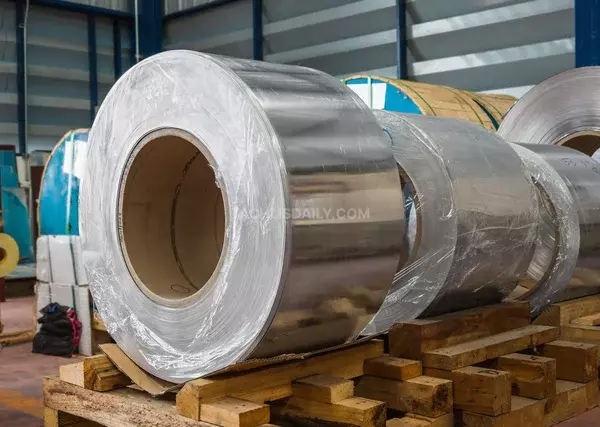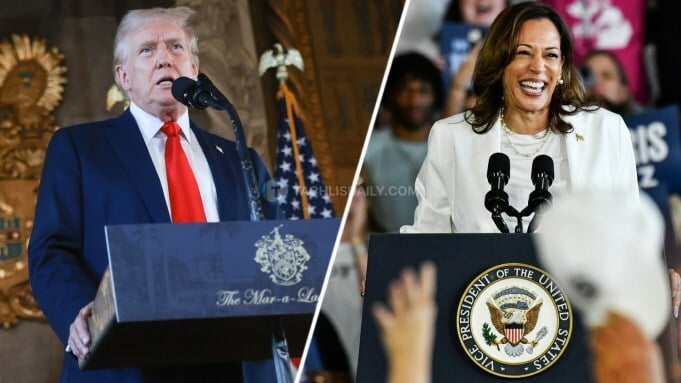Jointly, the United States and the United Kingdom have imposed new restrictions on the trading of Russian aluminum, copper, and nickel, in a bid to curtail President Vladimir Putin’s financial resources for military operations. Effective immediately, the regulations prohibit the delivery of fresh supplies from Russia to two key global metal exchanges: the London Metal Exchange (LME) and the Chicago Mercantile Exchange.
While these sanctions are intended to restrict Russia’s ability to profit from metal exports, their effectiveness remains in question. Despite the ban, non-US entities can still purchase physical Russian metal, circumventing the restrictions. This loophole highlights the limitations of such measures in fully obstructing Russia’s revenue streams.
Although the LME serves as a crucial platform for setting global metal prices, the majority of metal transactions occur outside its purview, bypassing the impact of these sanctions. Nonetheless, the restrictions are expected to influence prices on the LME, potentially alleviating the downward pressure caused by an oversupply of Russian metal.Moreover, the ban may deter traders from handling Russian metal, as the ability to deliver on the LME is often deemed essential for contract fulfillment. This reluctance among traders could further complicate Russia’s efforts to maintain its metal exports at pre-sanction levels.
The imposition of sanctions is projected to impact various facets of the metal market, including prices, trading dynamics, and contractual obligations. While US Treasury Secretary Janet Yellen and her UK counterpart, Jeremy Hunt, express optimism about diminishing Russia’s earnings, critics argue that the sanctions may inadvertently inflate commodity prices without significantly impeding Russia’s economic activities.
Despite the ban’s potential repercussions, major metal producers like Alcoa Corp. stand to benefit, as demonstrated by the uptick in Comex copper futures and post-market trading gains.











